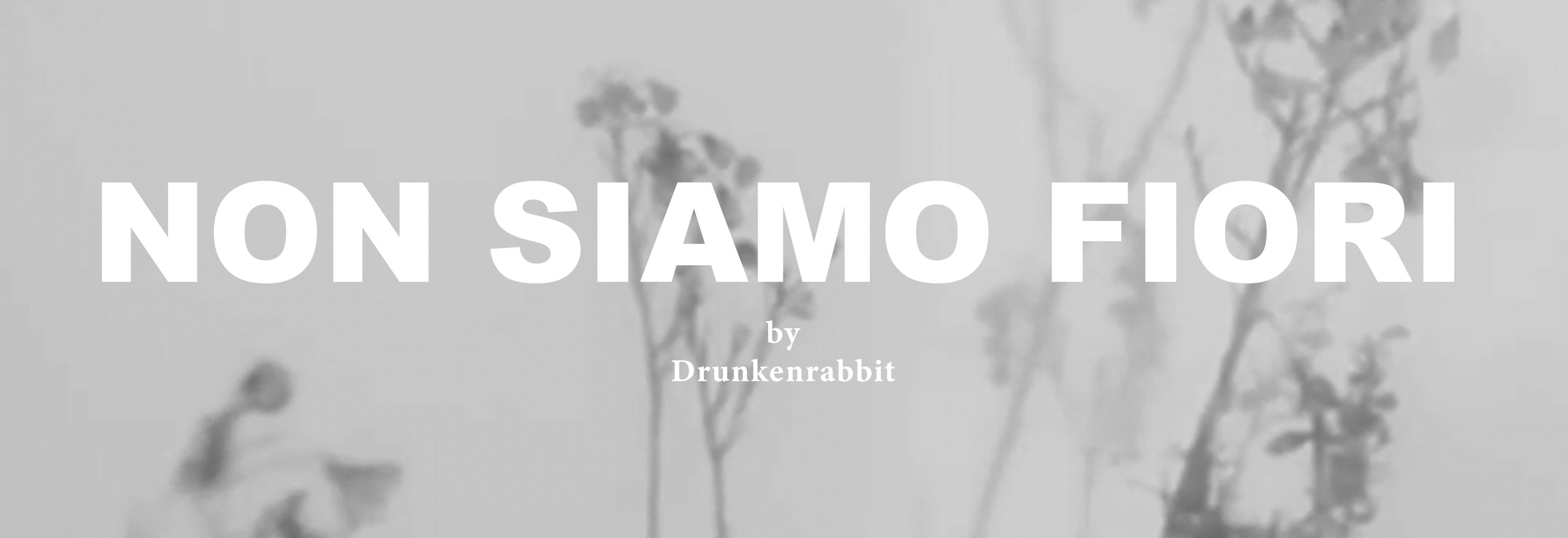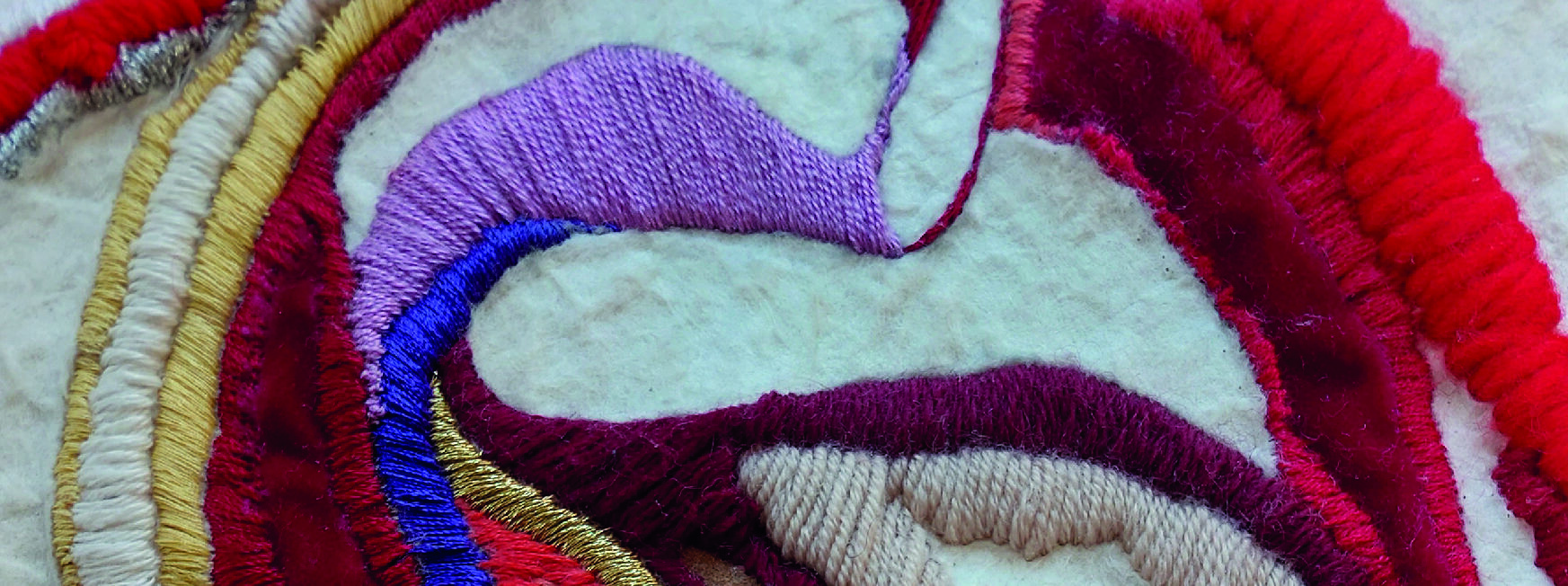Durante il lockdown del 2020, Drunkenrabbit ha coinvolto 53 donne provenienti da tutto il mondo. «Ho raccolto storie per quattro anni, cercato fili, conosciuto persone incredibili».
During the lockdown of 2020, Drunkenrabbit engaged 53 women from around the world. “I collected stories for four years, seeking threads, meeting incredible people.”
A ognuna di loro ha chiesto un video che narrasse, in 60 secondi, il tessuto che costituisce la loro esistenza, ciò che le ha rese chi sono. L’artista ha quindi intrecciato, attraverso il montaggio, tutti i video in un unico lungometraggio della durata di 60 minuti. Successivamente, ha chiesto ad ogni donna di identificarsi con un filo, un tessuto.
She asked each of them for a video that would narrate, in 60 seconds, the fabric that makes up their existence, what has shaped them into who they are. The artist then wove all the videos together through editing into a single 60-minute feature film. Subsequently, she asked each woman to identify with a thread, a fabric.
Questi fili, che singolarmente rappresentano l’essenza che costituisce ogni donna coinvolta, sono stati utilizzati per realizzare un ricamo a mano su un grande foglio di carta, così che le trame di tutte le donne si incontrassero e si fondessero dando vita a un’unica e suggestiva opera d’arte. Un lavoro che ha richiesto 150 ore, 9000 minuti, per intrecciare tra loro 53 tessuti differenti.
These threads, which individually represent the essence of each woman involved, were used to create a hand-embroidery on a large sheet of paper, allowing the patterns of all the women to meet and merge into a single, evocative work of art. This work took 150 hours, 9,000 minutes, to intertwine 53 different fabrics.
NON SIAMO FIORI esalta la voce femminile di chi è madre del proprio tempo e della propria arte: «Non siamo oggetti fragili, non andiamo maneggiate con cura. Portiamo con noi il peso della storia e della vita», afferma l’artista.
WE ARE NOT FLOWERS elevates the female voice of those who are the mothers of their own time and art: “We are not fragile objects; we should not be handled with care. We carry the weight of history and life,” asserts the artist.
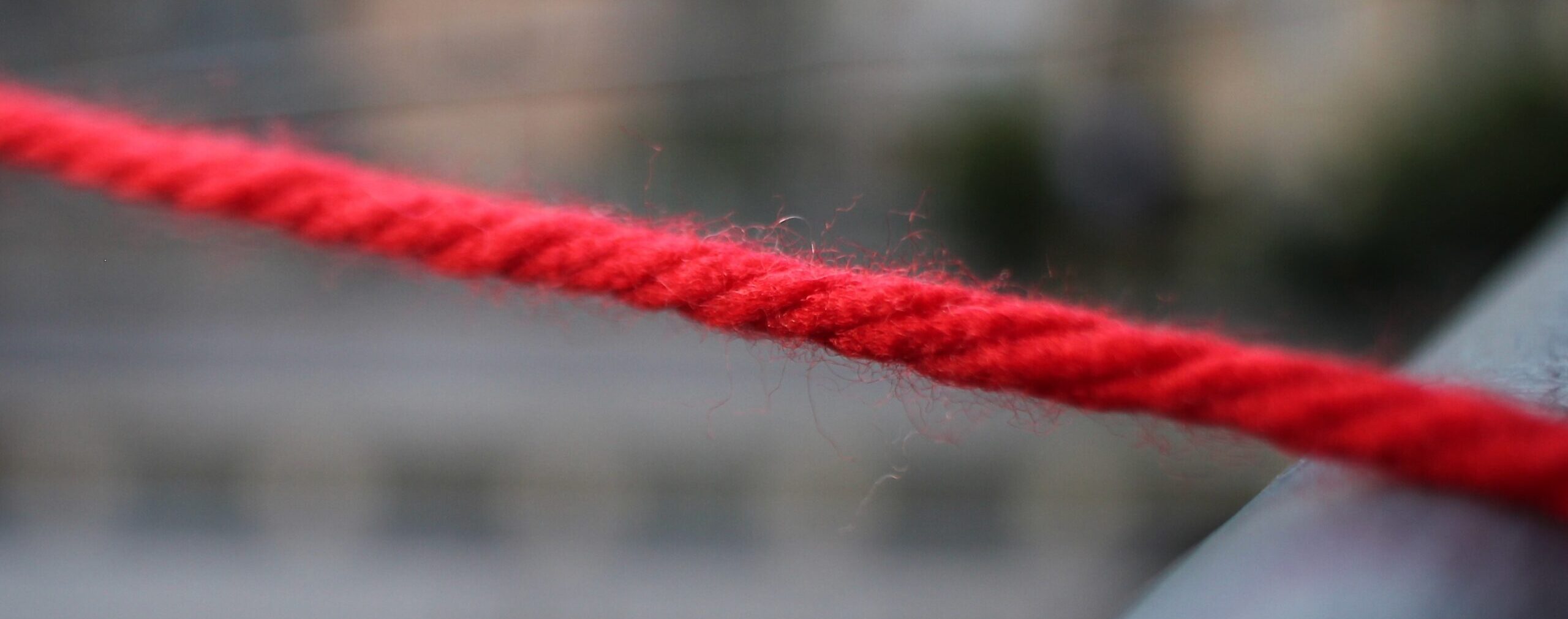
Il lungometraggio è stato proiettato per la prima volta presso l’ADI Design Museum di Milano, su due ledwall, tra i quali, sospesa e fluttuante nello spazio, è stata esposta l’opera sartoriale realizzata con i fili di tutte le donne: «È un grande cuore ricamato che incarna l’esperienza visiva e tangibile della collaborazione e della connessione», chiosa l’artista.
The feature film was premiered at the ADI Design Museum in Milan, on two LED walls, between which the sartorial work created with the threads of all the women was displayed, suspended and floating in space: “It is a large embroidered heart that embodies the visual and tangible experience of collaboration and connection,” the artist concludes.
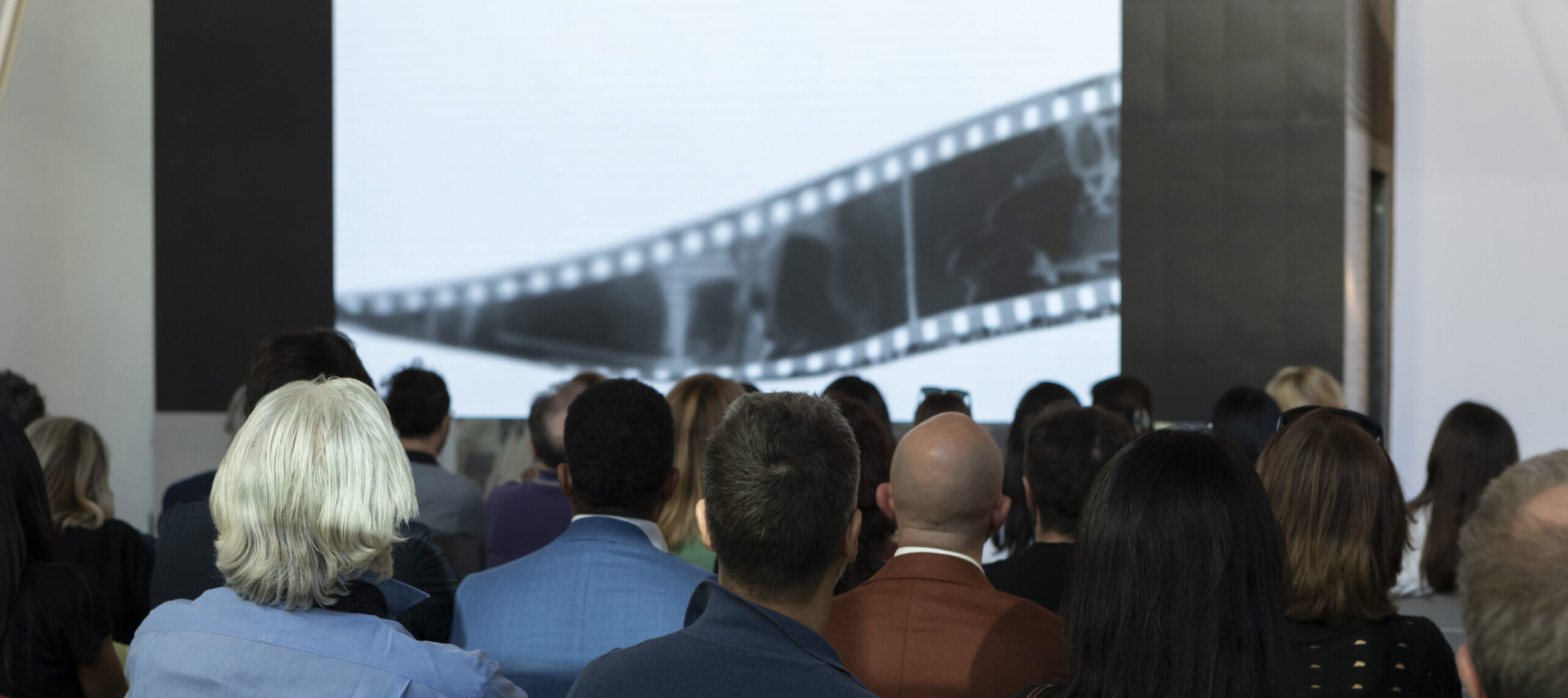
Parallelamente a questo lavoro, è stata creata la pagina Instagram NON SIAMO FIORI, un vero e proprio catalogo che approfondisce le storie di ogni donna che ha partecipato al progetto, il loro vissuto e la ricerca del filo, immortalato dalla fotografa Zelda Ambra Pizzato. Questa pagina rappresenta una risorsa preziosa per chiunque desideri approfondire le storie delle partecipanti.
Alongside this work, the Instagram page NON SIAMO FIORI was created, serving as a true catalog that delves into the stories of each woman who participated in the project, their experiences, and the search for the thread, captured by photographer Zelda Ambra Pizzato. This page represents a valuable resource for anyone wishing to explore the stories of the participants.
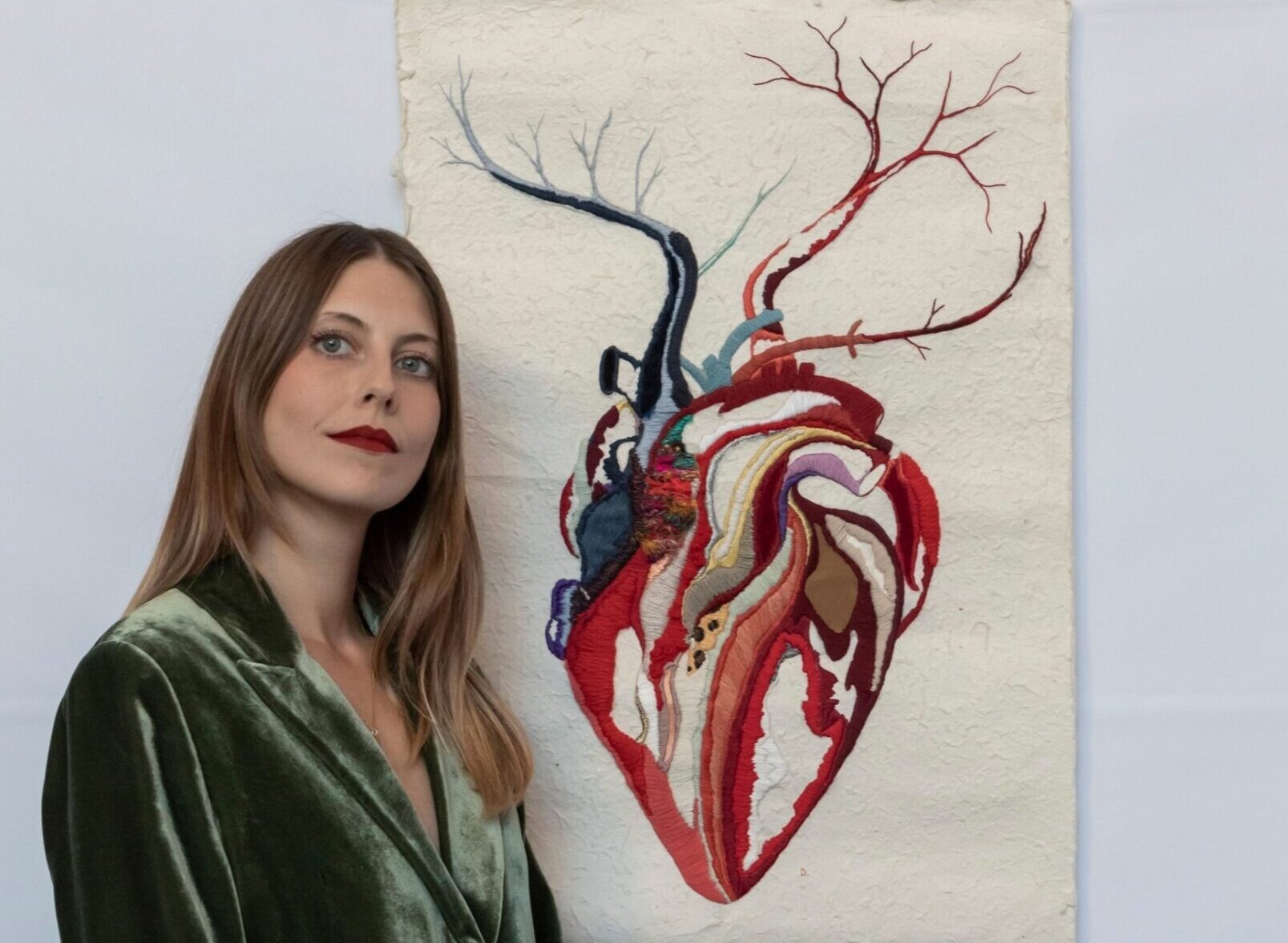
L’opera ricamata è stata donata alla Comunità Minori “Costanza F. Giancola” – Fondazione Malagutti, creata dalla madre di Costanza, Manuela Morini, e da Giovanni Malagutti. Costanza è una ragazza che ha partecipato al progetto, impegnata in attività filantropiche, e che oggi non è più con noi.
The embroidered work has been donated to the Comunità Minori “Costanza F. Giancola” – Fondazione Malagutti, created by Costanza’s mother, Manuela Morini, and Giovanni Malagutti. Costanza was a girl who participated in the project, engaged in philanthropic activities, and who is no longer with us.
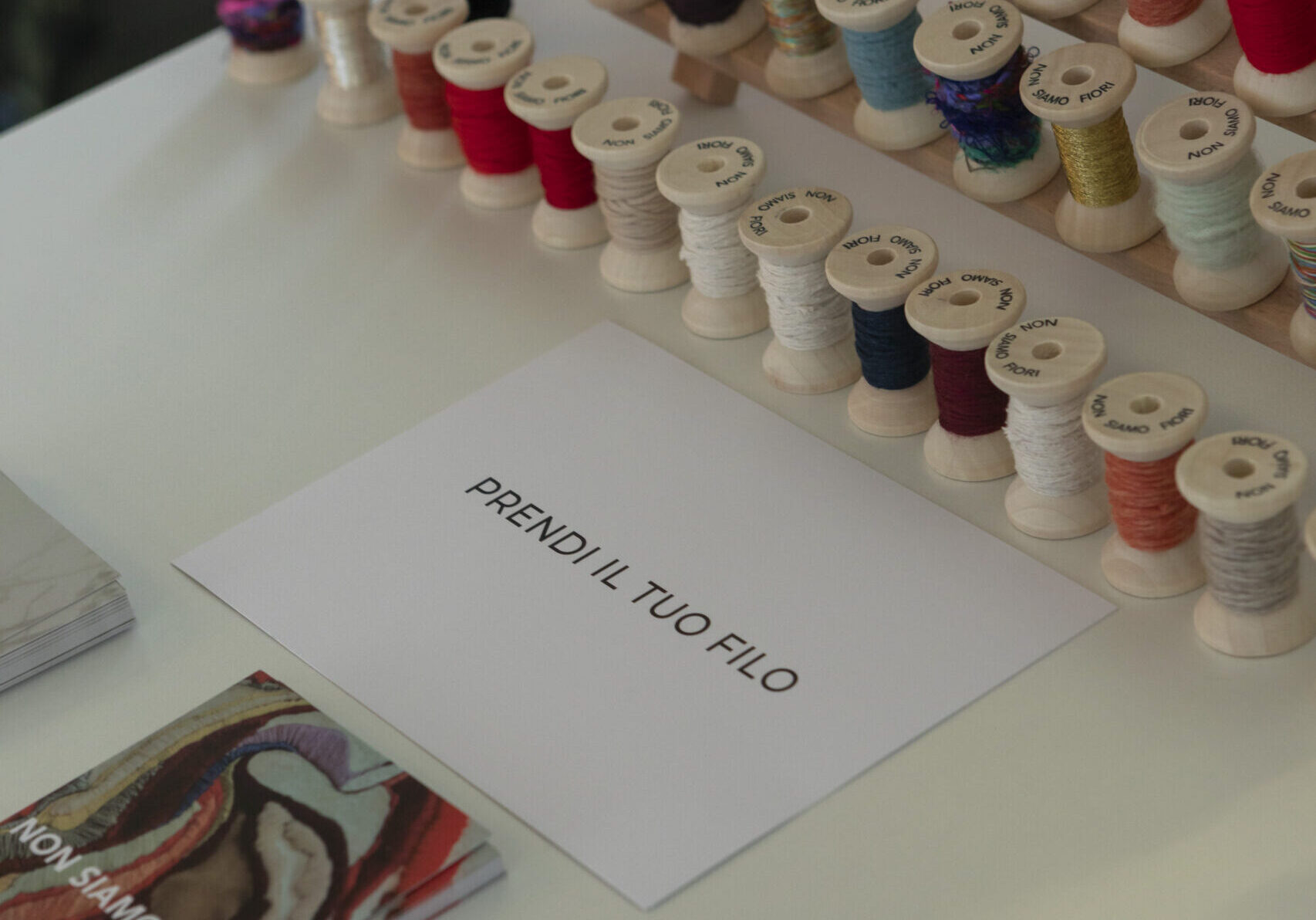
La struttura accoglie minori di 18 anni in stato di abbandono, vittime di abusi, maltrattati, in stato di necessità, con patologie o temporaneamente privi di riferimenti genitoriali. Accoglie anche madri minorenni e i loro bambini.
The facility welcomes minors under 18 who are abandoned, victims of abuse, mistreated, in need, with health issues, or temporarily without parental references. It also accommodates underage mothers and their children.
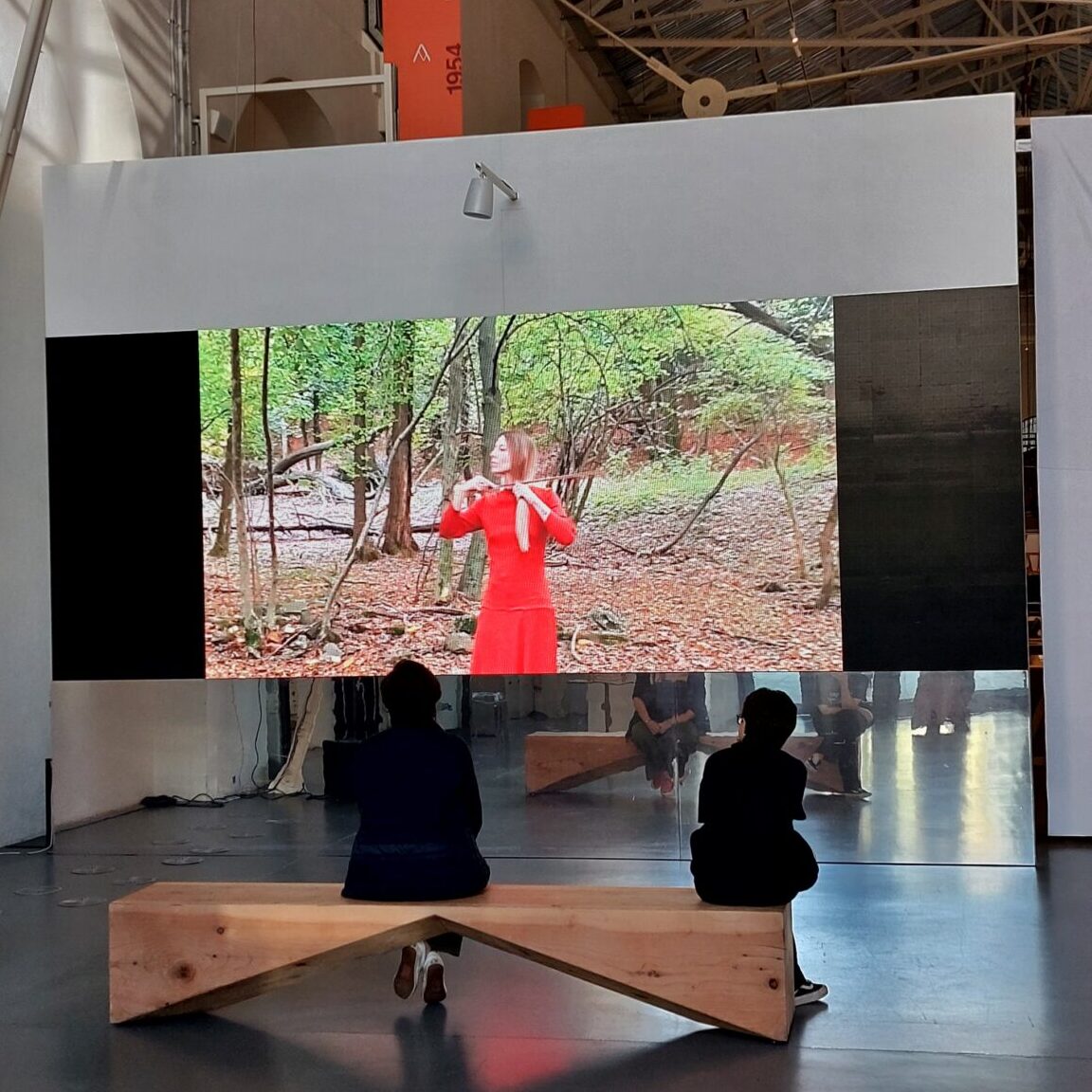
L’intento principale dell’artista nel donare l’opera alla comunità era che essa venisse venduta, con la comunità che avrebbe trattenuto tutto il ricavato. Tuttavia, la comunità ha deciso di conservare l’opera, ritenendo che l’insegnamento, l’esempio, il valore e il simbolo che il ricamo rappresenta siano molto più significativi di qualsiasi somma di denaro.
The artist’s primary intention behind donating the work to the community was that it would be sold, with the community keeping all the proceeds. However, the community decided to keep the piece, believing that the lesson, example, value, and symbolism embodied in the embroidery are far more significant than any monetary amount.

